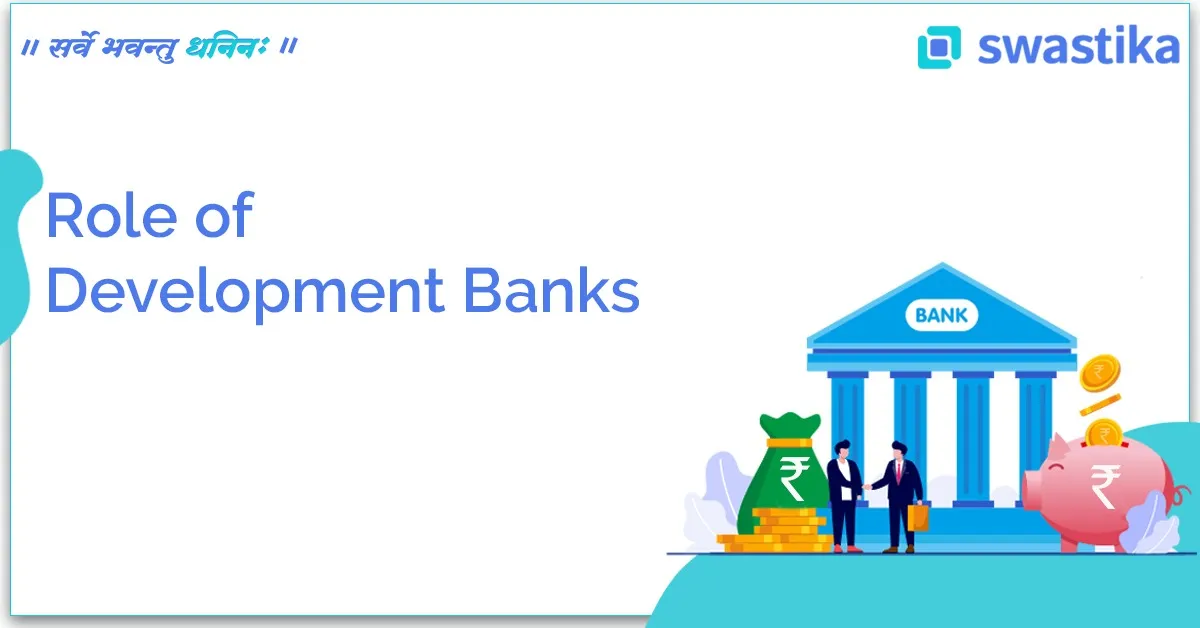Paytm Block Deal at 4% Discount — Opportunity or Red Flag for Investors?

Key Takeaways
- Ant Group (Antfin) is selling ~4 % of Paytm at a ~5–6.5% discount via a block deal.
- The deal, worth over ₹2,000 crore, was managed by Goldman Sachs India and Citigroup.
- Paytm’s stock fell ~4–5% after the news — signaling mixed investor sentiment.
- Regulatory changes (SEBI) tighten block-deal rules, potentially impacting future large-share trades.
- For long-term investors, it's a chance to assess whether this is a clean exit or a warning sign — especially in the context of Paytm’s evolving business and ownership.
Paytm Block Deal at 4% Discount — Opportunity or Red Flag for Investors?
In May 2025, Ant Group’s affiliate Antfin initiated a block deal, selling around 4% stake in Paytm (One97 Communications) at a significant discount to the market price. This move has stirred debate in Indian markets — is this a strategic exit by a major investor, or should retail and institutional investors be wary of potential red flags? Let’s unpack the implications.
What Happened: Understanding the Block Deal
Antfin offloaded approximately 25.5 million shares (about 4% of Paytm) through a block trade valued around ₹2,066 crore. The floor price for this deal was fixed at ₹809.75 per share, which implied a hefty 6.5% discount relative to Paytm’s closing price prior to the announcement. According to reporting, this transaction was managed by Goldman Sachs India Securities and Citigroup Global Markets India.
Notably, after this block deal was announced, Paytm’s share price tumbled by around 4–5% in early trading sessions.
Later, it became clear that this was part of a larger plan: Antfin is reportedly planning to fully exit Paytm, selling its remaining ~5.84% stake in a subsequent block trade worth ~₹3,800 crore. The “clean-up trade” reportedly has no lock-in requirement post-sale.
Why the Discount — Interpreting the Motivation
1. Strategic Exit
This could simply be Antfin’s planned wind-down of its exposure to Paytm: over the past few years, it has been gradually reducing its shareholding. An exit via block deals is a common route for large institutional investors who want to exit quietly and efficiently, particularly when they hold a significant stake.
2. Regulatory Considerations
Antfin’s divestment may have regulatory undertones. Chinese-origin investments in Indian fintech have drawn regulatory scrutiny, and reducing the stake could be part of a broader strategy to comply with evolving norms.
3. Market Sentiment & Valuation
The discount may reflect some pressure: block buyers may demand a lower entry price for such a large, immediate chunk. For Antfin, trading liquidity, timing, and risk all play a role. Also, Paytm’s valuation is under continuous scrutiny given its path to profitability and recent financials.
Risks and Red Flags for Investors
Stock Pressure & Volatility
A large block deal by a major shareholder can spook the market. The ~5% fall post-deal shows how sensitive investor sentiment is to big exits.
Ownership Risk
As Antfin exits, the ownership structure of Paytm will change significantly. That may affect governance, strategy, and future funding. If Antfin was seen as a strategic long-term investor, its departure could be concerning.
Discount Signals
The steep discount may imply that block deal buyers are not confident in the near-term upside. For retail investors, this could mean lower conviction from institutional players.
Regulatory Landscape
SEBI recently tightened the rules for block deals — raising the minimum order size and narrowing price bands. Such regulatory shifts could make future exits or entries more challenging or costly.
Why It Could Be an Opportunity
Reallocation by Smart Money
If the stake is being sold by Antfin (a long-term investor) but picked up by other institutional buyers, this could be a reallocation rather than a complete loss of faith in Paytm. Smart buyers could view this as a discount entry point.
Leadership Confidence
Despite the sell-off, Paytm has reported signs of operational improvement. For long-term investors focused on Paytm’s fintech, payments, and merchant ecosystem, this could be a chance to accumulate.
Regulatory Clarity & Maturity
As Paytm matures and consolidates, the block deal may help reset its shareholder base, potentially paving the way for more stable, long-term ownership.
Block Deal Landscape — A Regulatory Context
Block deals are large, negotiated trades executed outside the normal order book to minimize market impact. In India, SEBI provides specific block-deal windows to facilitate this.
However, as of October 2025, SEBI introduced tighter regulations: the minimum block deal size has been raised, and pricing bands have been narrowed to ±3% around a reference price. These changes aim to improve transparency and reduce manipulation risk — a meaningful backdrop when evaluating large shareholder exits.
Real-World Context: What This Means for Indian Markets
- Investor Sentiment: A marquee investor like Antfin exiting raises eyebrows. It could trigger more scrutiny on Paytm’s fundamentals and governance.
- Fintech Ecosystem: Paytm has been a flagship fintech in India. How it weathers such exits will be closely watched by other fintech players, investors, and regulators.
- Listing & Ownership Trends: If Antfin’s full exit goes through, it may signal a shift: from early large backers to a wider, perhaps more strategically aligned investor base.
Frequently Asked Questions (FAQ)
Q1: What exactly is a block deal?
A block deal is a large-volume transaction (often by institutional investors) executed through a special trading window to avoid disrupting the market.
Q2: Why was Paytm being sold at a discount?
Block deal floor prices are often set lower to attract buyers willing to absorb large volumes. In this case, Antfin may have accepted a discount to facilitate a clean exit.
Q3: Is Antfin’s exit a bad sign for Paytm’s future?
Not necessarily. While it raises governance and ownership questions, it's also possible this is simply a strategic reallocation. Other long-term buyers may step in.
Q4: How does SEBI’s new block-deal regulation affect this?
SEBI tightened block-deal rules in 2025, increasing minimum deal sizes and limiting price ranges — this could make future large trades more disciplined and transparent.
Q5: Should retail investors react to this block deal?
Retail investors should view this as one piece of the puzzle. While a large exit is significant, it must be weighed alongside Paytm’s financials, growth strategy, and market position.
Conclusion: Is This a Window or a Warning?
Antfin’s 4% block deal in Paytm — sold at a meaningful discount — is clearly more than just a routine transaction. It reflects a strategic exit by a major investor, but it also introduces short-term volatility and long-term questions about Paytm’s ownership and direction.
For long-term investors, this could be an opportunity: a rare discounted entry into a company with deep fintech reach. But it’s not without risks — and not all of them are trivial.


.png)



.webp)
.webp)

.webp)






